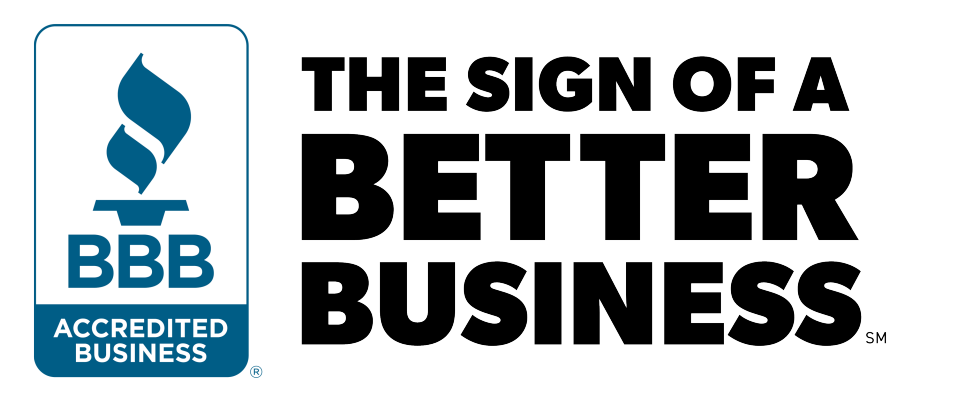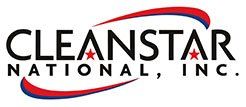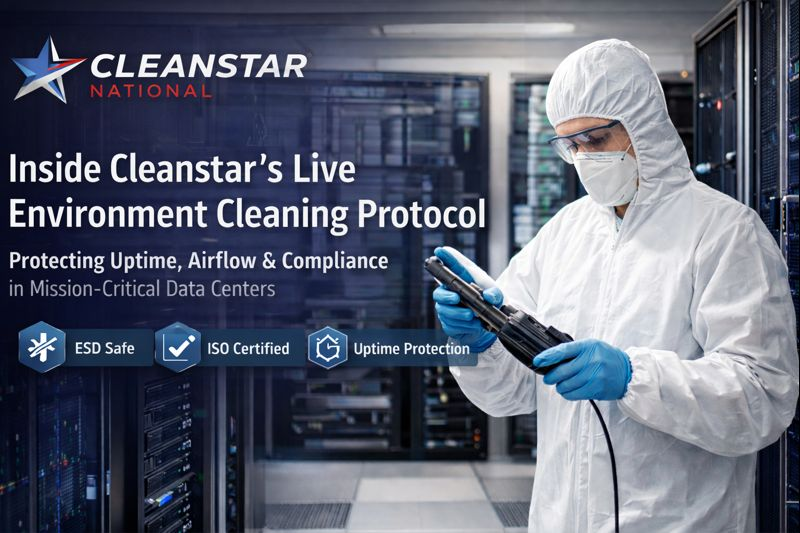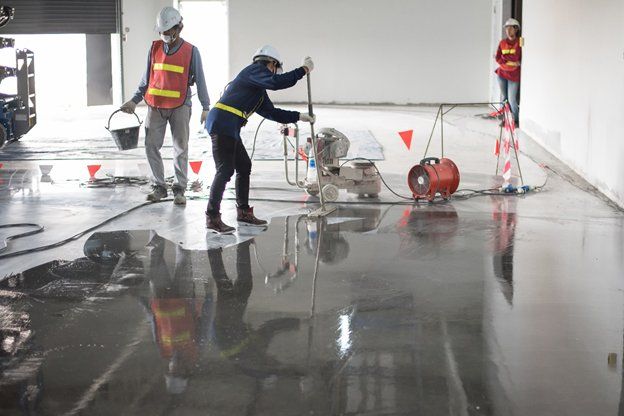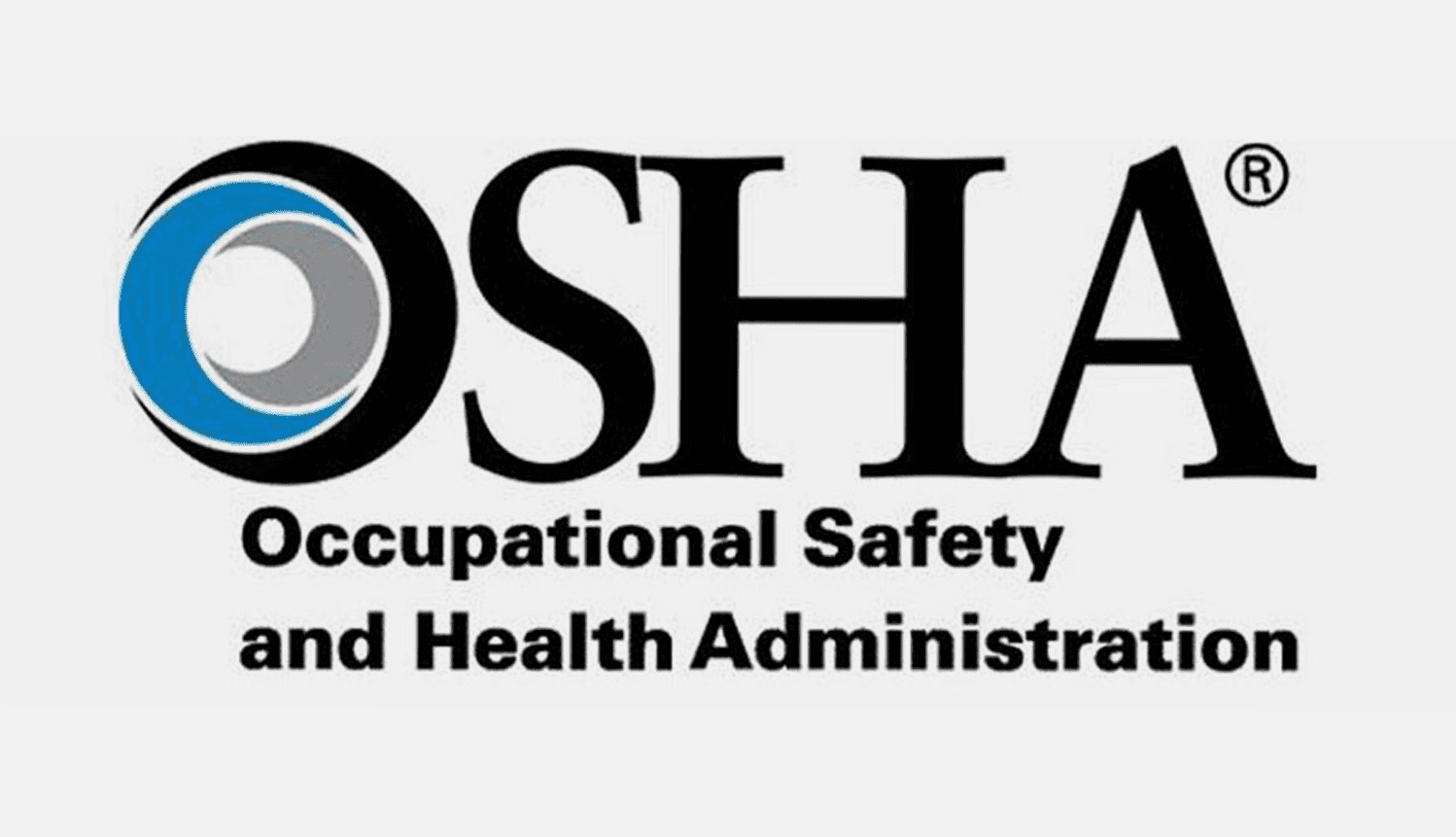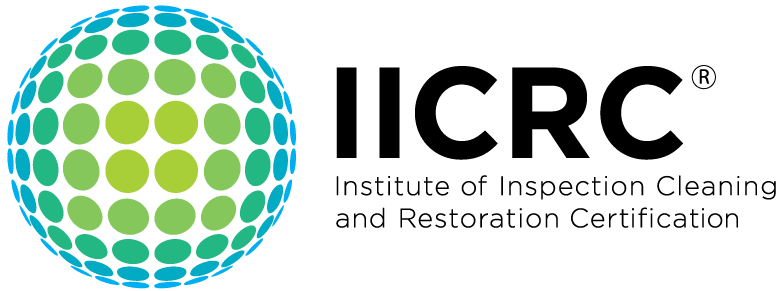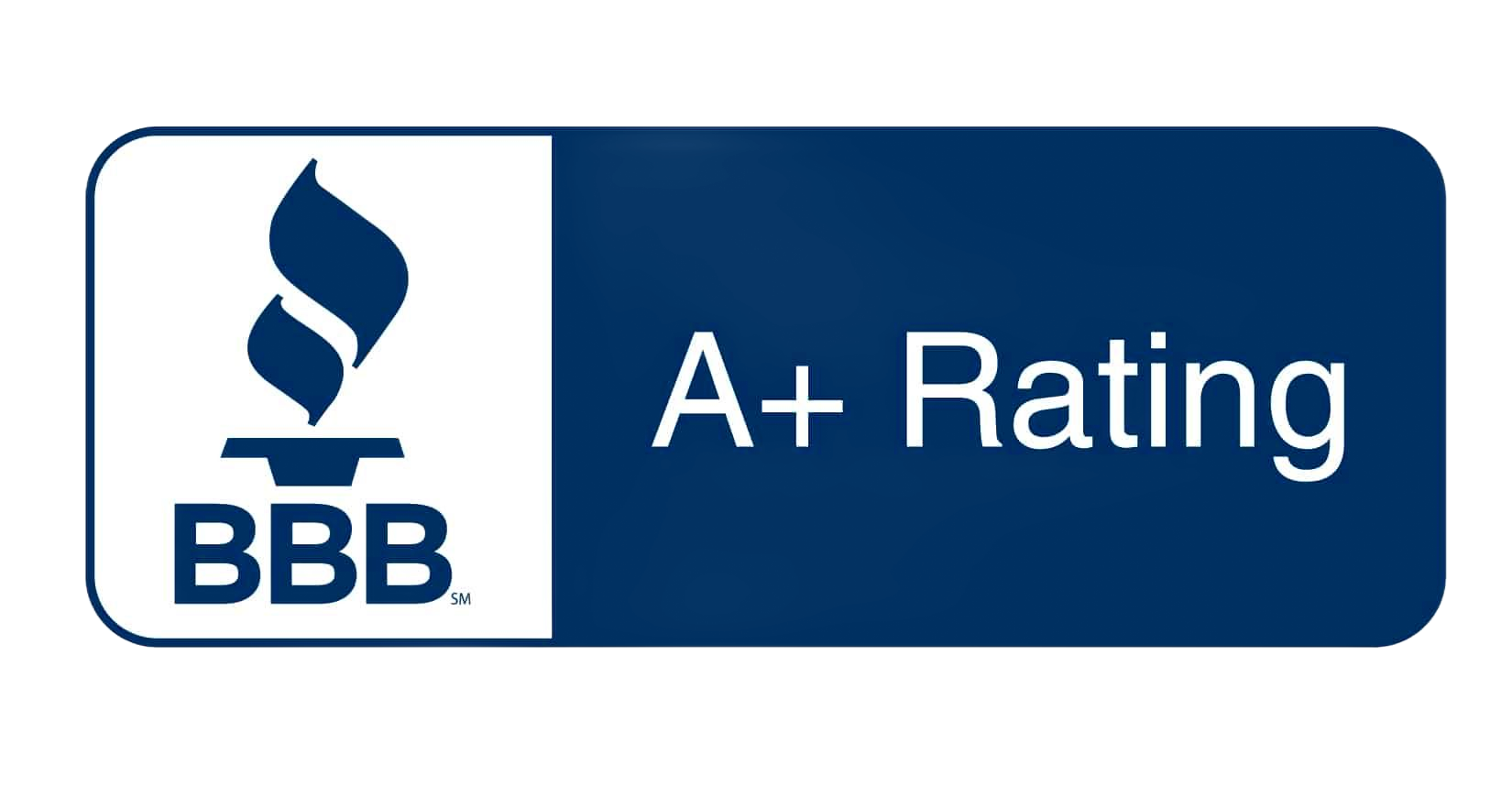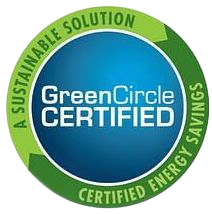5 Essential Aspects of Cleaning a School
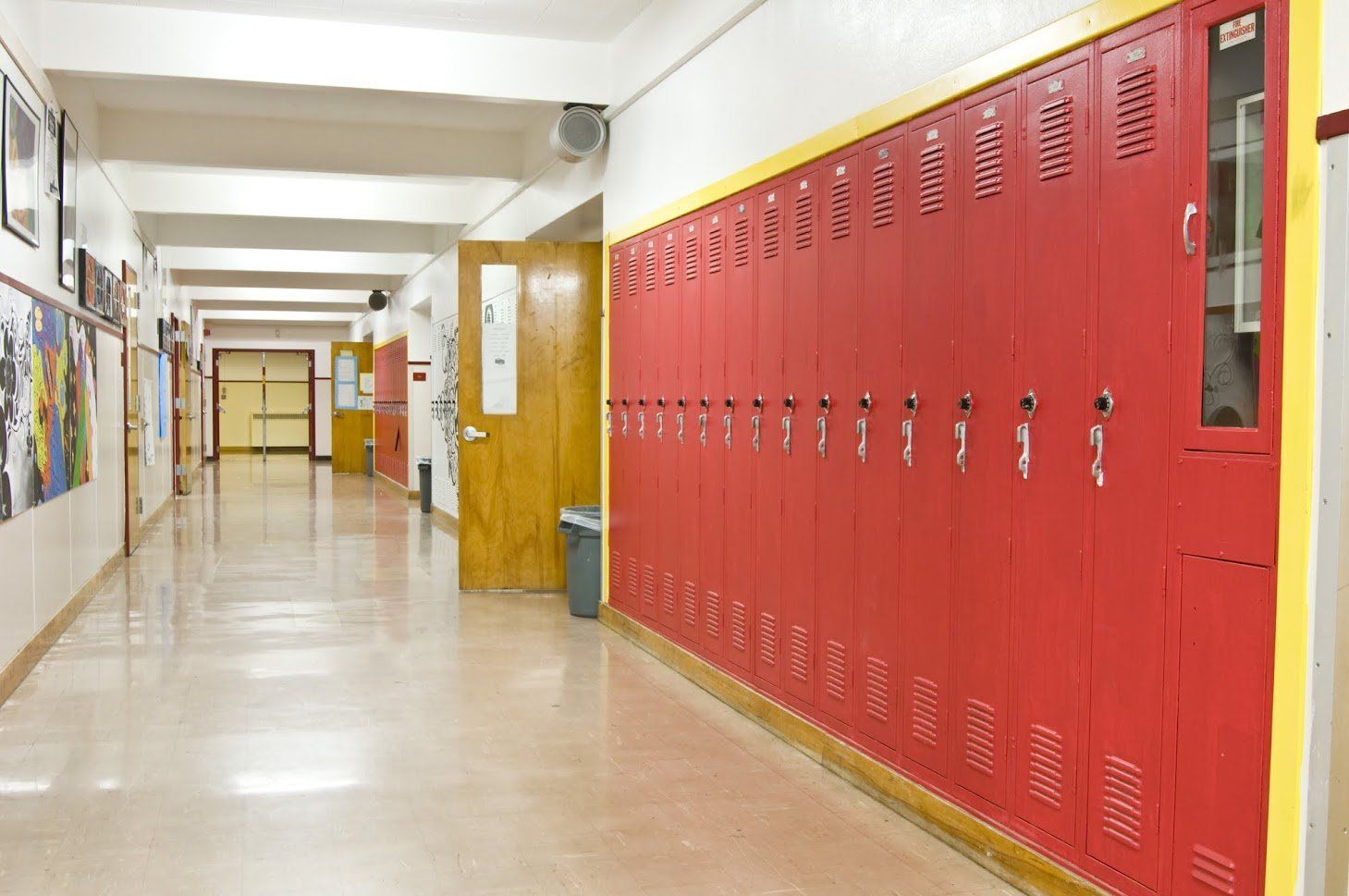
Schools have many students in small spaces, posing significant infection risks. The Centers for Disease Control and Prevention estimates that 62 million students, teachers, and support staff attend about 130,000 schools daily. Such statistics highlight the risk of disease outbreaks in unsanitary schools.
Diseases like flu are prevalent in schools, necessitating effective cleaning, sanitation, and disinfection services. Discover five essential aspects of effective school cleaning to safeguard the students' and workers' well-being.
1. Maintain Routine Cleaning Schedules
Schools should have routine cleaning programs to ensure students learn in conducive environments. Issues like littered classrooms and dusty windows and ceilings often undermine effective learning. Moreover, dusty classrooms predispose students to health risks like flu and allergies.
Administrators should collaborate with relevant parties to develop and enforce a cleaning schedule. For example, the cleaning staff may mop and tidy up the classrooms daily or every other day in the evening after students leave. The cleaning supervisor may then inspect the classrooms to confirm they are tidy.
2. Disinfect Common Contact Areas
Maintaining a clean and safe school goes beyond washing the floors with water and detergent. You must also disinfect high-traffic areas to mitigate disease spread. Remember, it only takes one sick student or staff to trigger a disease outbreak in the school.
The cleaning staff should focus on high-contact areas, including door handles, washrooms, and water faucets. They may clean these areas routinely before using recommended disinfectants to sanitize the surfaces.
3. Use Proper Waste Disposal Methods
Effective waste disposal is integral to maintaining a clean school. Unfortunately, many people assume that providing waste bins is enough — however, this is not the case. For instance, waste bins should be in a strategic place to discourage littering.
School administrators should approve adequate budgets to cater to their waste needs. For example, most schools generate different types of waste, including food remnants, papers, and plastics. Separate garbage bins should be present, depending on how they will handle the waste.
Schools with composting facilities should provide separate, clearly marked bins for disposing of food waste. Similarly, they should provide separate bins for recyclable materials like paper and plastic waste. Such practices keep the school clean and underline its commitment to environmental conservation.
4. Use Safe Cleaning Products
Use safe cleaning products for health and environmental benefits. For example, some detergents may be toxic, predisposing the cleaning staff and students to issues like itchy eyes and respiratory irritations. Moreover, corrosive cleaning products may destroy regularly cleaned areas.
Schools should emphasize green cleaning agents to mitigate health risks. Such products are often non-corrosive and do not pollute the environment. Lastly, store the cleaning products safely, especially away from students, to mitigate accidents like ingesting detergents.
5. Handle Emergencies Timely and Safely
Cleaning emergencies are not a daily occurrence in schools. However, you should handle them promptly to mitigate property damage or predispose students and staff to harm. For example, pipe bursts may cause flooded washrooms and hallways, increasing the risk of slips and falls.
While the cleaning staff's responsibility is not to repair the plumbing issues, they play an integral role in managing the emergency while awaiting plumbing technicians. For example, they may drain the flooded water and place warning signs to mitigate accidents. Other emergencies include cleaning and disinfecting floors following incidences like bleeding and vomiting. Timely emergency cleaning restores normalcy in the school, facilitating learning.
Schools should strive to provide safe and conducive learning environments for their students. One strategy entails outsourcing cleaning services to professionals with trained staff and appropriate equipment. Schools in Georgia, Atlanta, and its environs may contact Cleanstar National, Inc., for professional cleaning services. Get in touch today.

